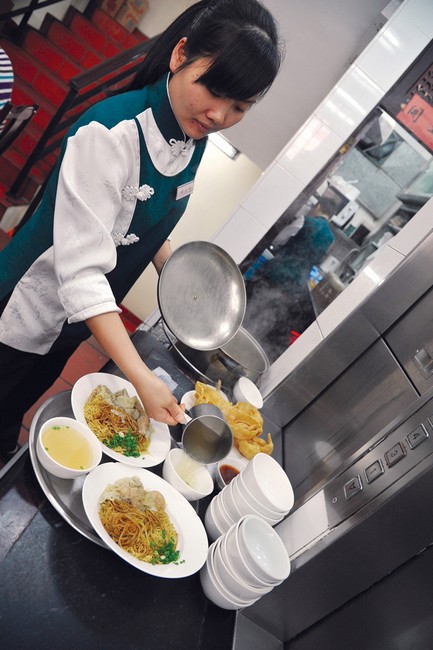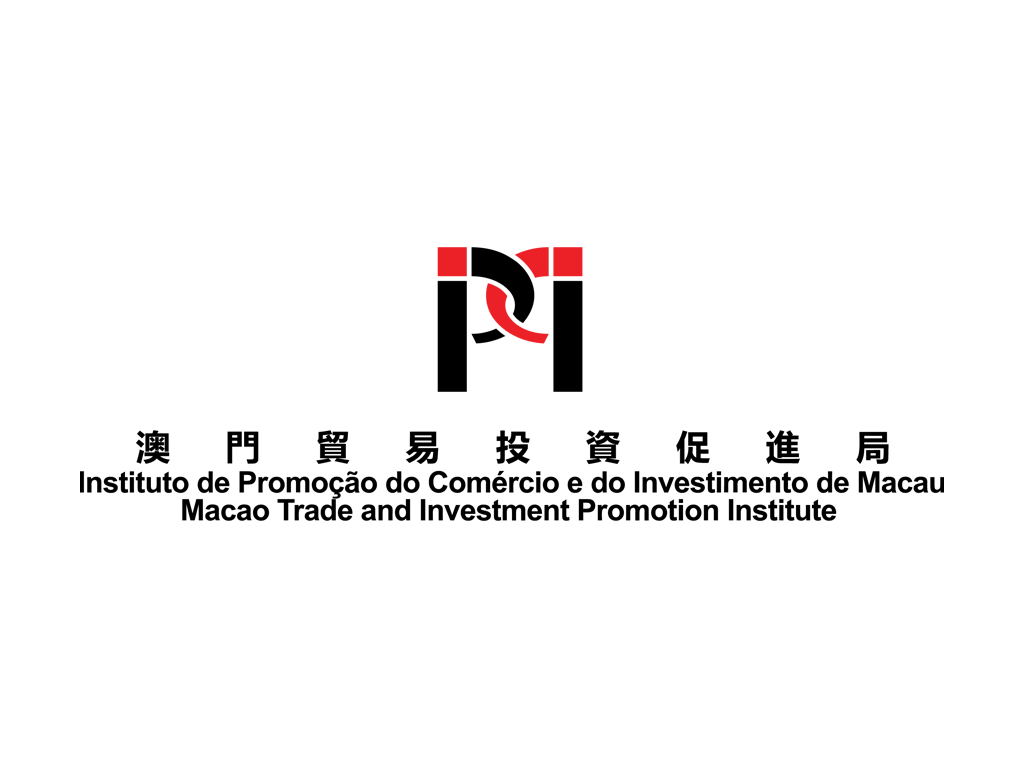Pesquisar
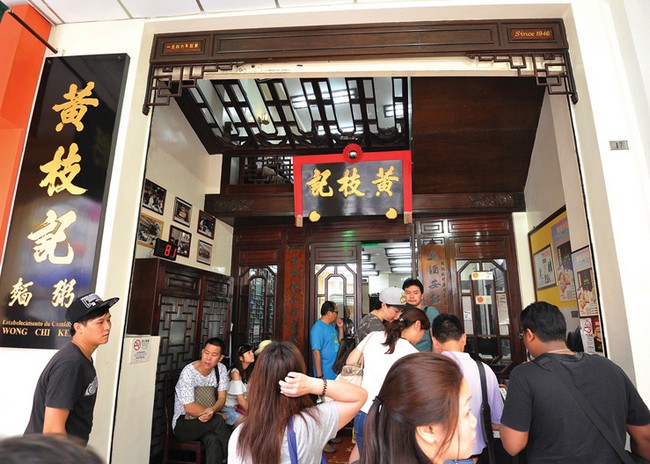
Delicious wantons, exquisite bamboo-pressed eggnoodles, wonderful soup make up a small bowl of wanton noodles giving fond memories of Cantonese local flavours; it is also about the story of an old Macao brand – Wong Chi Kei Noodle and Congee Restaurant, which works hard to keep its traditional charm.
Wong Chi Kei relies upon its reputation established over 60 years by three generations to maintain its business as well as being innovative and creative. It has injected new dynamics into the old shop and achieved astounding results. The journey of transformation started in 2000, when the local economy was not good immediately after the Handover. But Wong Chi Kei decided to spend a huge amount of money on renting a five-story shop in Largo do Senado, with the aim of creating a brand new noodles shop to attract patrons and move out of the ageing district around Rua de Cinco de Outubro. In 2002, an attempt to enter Hong Kong suffered a setback because of expensive rents and the SARS epidemics and the branch restaurant in Causeway Bay was closed after operating for two years. But the effort made to expand market coverage never stops and after careful analysis of the market situation and adjustment of strategy, it opened another branch restaurant in Central merely a month later .
The two branches in Hong Kong survived the SARS epidemic and the 2008 international financial meltdown and gradually gained a foothold. For 10 years consecutively it was awarded “Quality Tourism Services (QTS)” by Hong Kong Tourism Board and was invited by a financial group to enter a huge shopping centre. Its brand name has been accepted by the market but the owner has set his sights beyond these achievements.
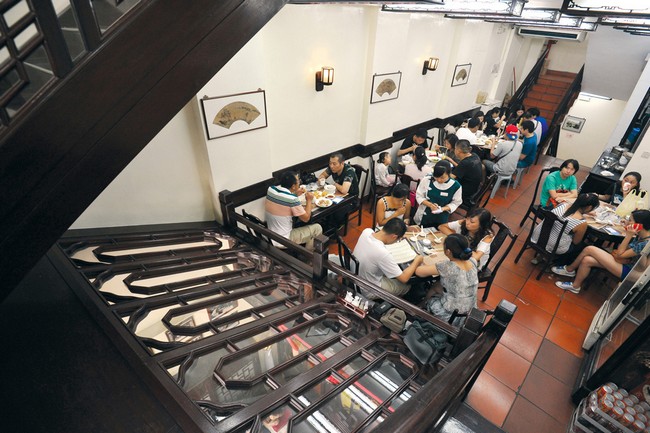
Last year, Wong Chi Kei started researching premium gift noodles products many years ago, such as thin soup noodles, bone marrow soup E-fu noodles and Longevity E-fu noodles. In 2014, the company wants to take a slice of the huge souvenir noodles market in the future.
The person in charge of Wong Chi Kei is the 3rd generation owner Wong Tin, who dared to branch out overseas despite all difficulties. He jokingly said that he is “doing business in the day and studying at night”. He never gives up his undertaking of studying the history of Sino-Japan relations. When he was young, he studied in Japan; he is good at calligraphy and traditional Chinese literature and is obsessed with literature, history and philosophy. At the same time, he is influenced by the Japanese corporate culture which values diligence, continuous study and lifelong commitment. His emphasis on credibility and avoidance of a short-term mentality helped him a lot during the transformation of the family business.
“To remain static means stability and survival for an old restaurant like us, but the future will be increasingly unpromising.” Wong Tin sees through the situation and is well prepared for every move that he takes, not acting like an “adventurer” as imagined by outsiders. He repeatedly states that a well trained staff, product quality and marketing strategy are the basis for development into new areas. This also explains why he declined invitations to set up franchise restaurants in many places and why there are only two restaurants in Macao today.
This is especially true in Hong Kong as rents are high and the business environment complex. Without support from a big financial group, the key to survival is to guard against self-complacency and rusheddecisions and to be determined and calm. For example, the monthly rent for the seven year -old Wong Chi Kei branch in Willington Street, Central in Hong Kong was doubled to HK$ 55,000 the year before last. How many bowls of wanton soup, which is sold at HK$30, have to be sold in order to cover the rent? Cornered by the high rent, Wong Tin took the desperate measure of changing his management strategy. He found another bigger and more expensive place nearby and added 50 new dishes to the menu. He hopes to cover the more than HK$ 100,000 monthly rent with increased profits. “Wanton can be made into casserole wanton chicken and fish balls into abalone. The traditional wanton restaurant can survive with the additional revenue from new high value-added dishes.”
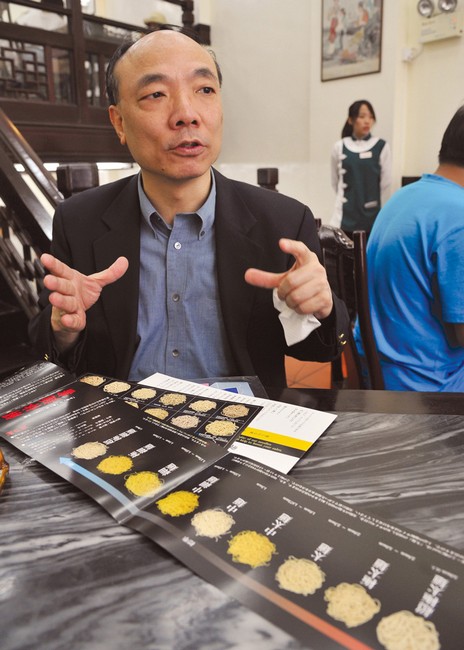
In recent years the labour costs in Hong Kong and Macao have been rising, the minimum wage in Hong Kong and new Labour Law in Macao has caused uproar from employers. Wong Chi Kei launched incentive measures to link bonus with business turnover in order to encourage team spirit and retain professionals by offering better pay to the best performers. Wong Tin also acted against the trend by hiring a senior chef from Japan on a high salary in order to improve kitchen management. “Chinese chefs rely upon experience to determine how much salt or sugar should be used, while Japanese cooks standardise it. Of course we neglected many details in the past such as personnel management and hygiene in the kitchen.” To introduce strict Japanese management culture into Chinese kitchens needs not only a bold innovation spirit, but also high costs which usually only the larger hotels are willing to take on. But Wong Tin said that it was worthwhile. All in all, to be successful one needs to look at the long term.
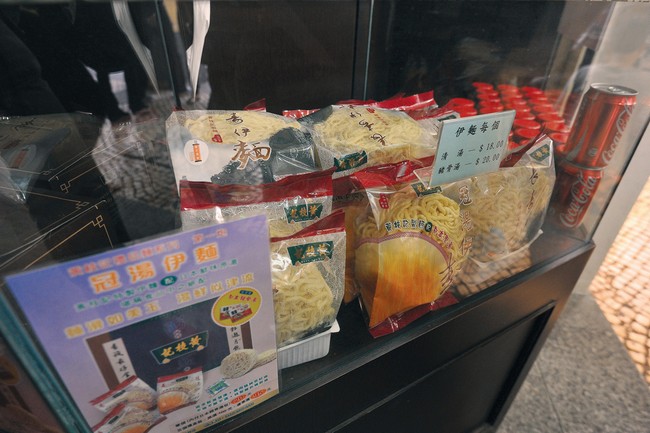
Wong Tin smiled and said that, many friends found it hard to understand that an old Macao brand with a 67 year history should hire Japanese chief chefs. Recently he managed to persuade a top-level Japanese chef to come to Macao after he had retired to help with the research and development of new noodle products, improvement of concentrated soup bags and bag design. “Someone asked if Wong Chi Kei had done this for almost 70 years, couldn’t you do it by yourselves now? Why did you hire foreigners? They found it strange because they could not see other people’s advantages. In Japan these people are not only chefs, but also people with crafts. You should know that a factory supervised by a master chef, can produce 250,000 udon noodle products each month!”
Wong Tin has managed the family business for over 10 years. He said that no progress means retreat. Capability and vision are very important, but the crucial factor should be the commitment to product quality of the old brand. Wong Chi Kei is famous for the handmade bamboo pressed noodles which are as thin as silk thread and as smooth as butter. From being completely hand made the noodles have been semi machine manufactured for the last five years. But Wong Tin says, as long as proper controls are in place, machines can replace humans, they can produce very thin egg noodles 0.7 mm in diameter, guaranteeing chewiness and flavour. This explains why intensive research and development has been done in the past. Also some breakthroughs have been made on new gift noodles products, but as yet these have not been introduced to the market because the production procedure has not been perfected.
A bowl of noodles embodies the hard-work of three generations. Wong Tin says that his father dedicated his whole life to the pursuit of product improvement. “He repeatedly studied how many minutes should noodles be boiled to perfection even at the age of 80. He is the right kind of person.”
